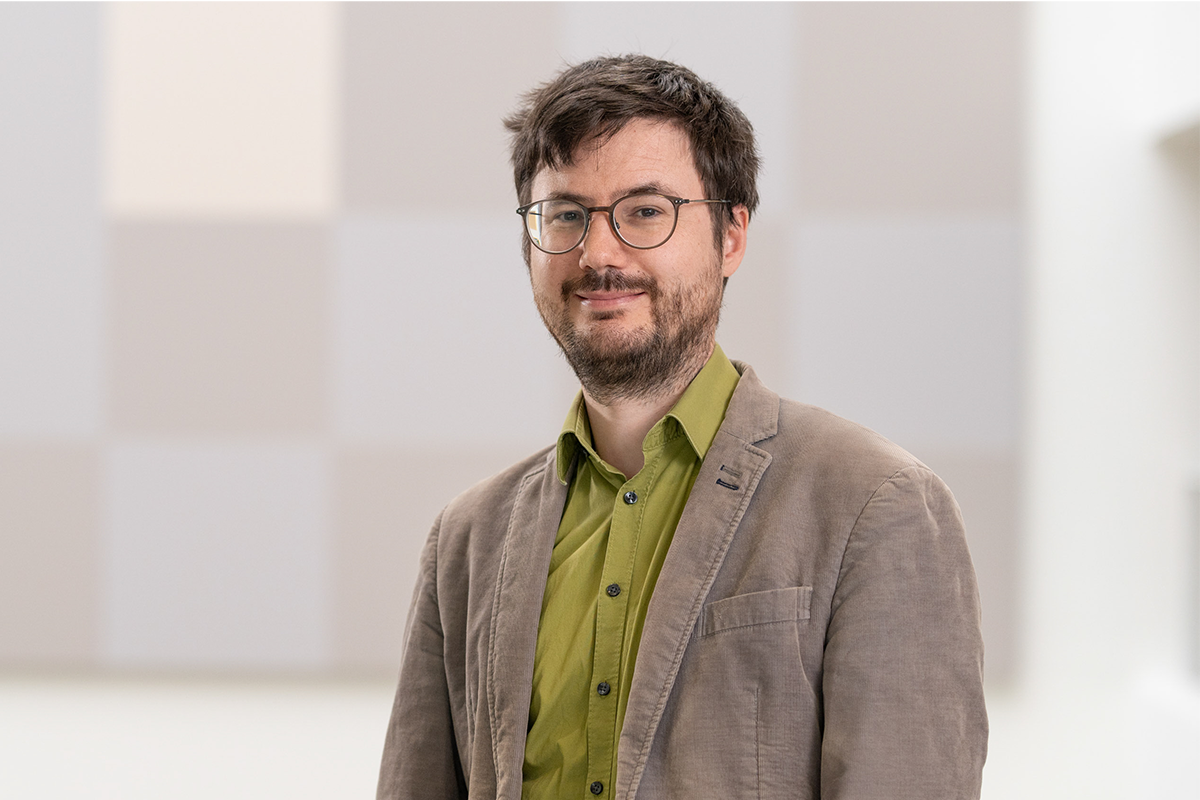Professor Gerhard Neumann receives around 2.4 million euros for his research into autonomously learning robots
Robots are playing an increasingly important role in many areas, such as medicine, industry and research. They can support people at work or take over tasks completely. Gerhard Neumann from the Karlsruhe Institute of Technology (KIT) is researching how this can work better and better in real environments in his SMARTI³ project. His project was successful in the 2024 round of the European Research Council's Consolidator Grant. He will receive around 2.4 million euros for his research over the next five years.
"Professor Gerhard Neumann is setting new standards in robotics and artificial intelligence with his project. In addition to the interaction between humans and robots, it also contributes to pressing social challenges such as the shortage of skilled workers and occupational safety," says Professor Oliver Kraft, Vice President Research at KIT. "I am delighted that he has been awarded the prestigious ERC Consolidator Grant for his project. Gerhard Neumann thus continues a long line of grantees at KIT."

Professor Gerhard Neumann from the Institute of Anthropomatics and Robotics at KIT receives ERC Consolidator Grant. (Photo: BMBF/PLS/Thilo Schoch)
SMARTI³: Autonomously learning robots
With the SMARTI³ project (stands for: Scalable Manipulation Learning through AR-Enhanced Teleoperation enabling Intuitive Interactive Instructions), Neumann at KIT's Institute of Anthropomatics and Robotics aims to improve the ability of robots to perform complex tasks in real environments, such as manipulating and interacting with a variety of objects, following instructions and mastering tasks such as folding origami or assembling Lego models. To this end, the project is developing new intuitive interfaces for human-robot interaction, refining algorithms for learning from feedback and available instructions and testing scalable capabilities for complex manipulation tasks. Use cases such as Lego building tasks and origami folding serve as test environments to demonstrate and further develop the technologies.
"Our approach combines intuitive data preparation, advanced algorithms for rapid model adaptation and methods for seamlessly integrating human feedback into the learning process of robots," says Neumann. "With applications in industry, logistics and the home, the project aims to help make production processes more efficient and flexible and automate everyday tasks such as folding laundry or cooking."
ERC Consolidator Grants 2024
With the ERC Consolidator Grants, the European Research Council (ERC) funds projects by outstanding researchers who completed their doctorate seven to twelve years ago and whose own independent research group is in the consolidation phase. In the 2024 call for proposals, Consolidator Grants were awarded to a total of 328 projects in 25 countries with a total funding volume of 678 million euros, 67 of which were awarded to German universities and research institutions. A total of 2313 applications were submitted; the approval rate is 14.2 percent. (swi)
